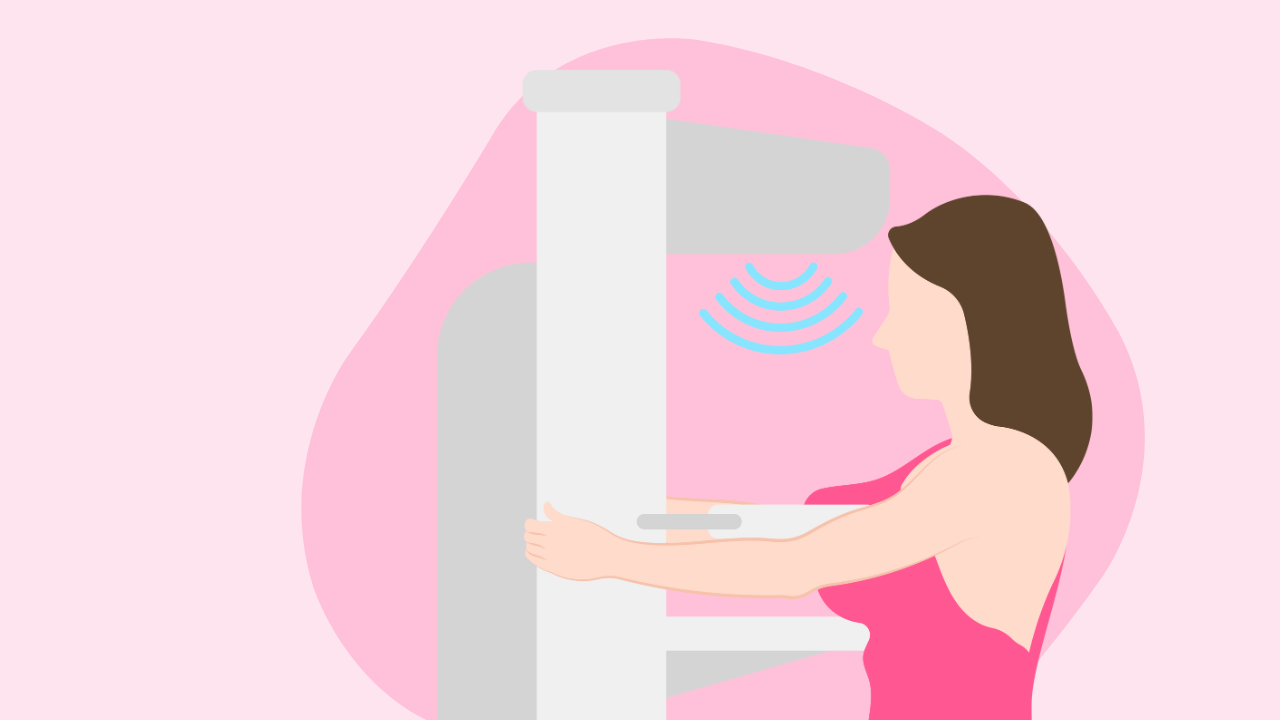Mammograms Could Predict Heart Disease, Stroke in Women

Routine mammograms might have more benefits than just screening for breast cancer.
Recent research suggests that these screenings could provide valuable clues about a woman's risk for heart problems like heart attacks and strokes. The key lies in identifying calcium buildup in the breast arteries, known as breast artery calcification (BAC).
The study hints that BAC could be a better predictor of heart issues in some cases compared to the current methods. Considering that heart disease is a significant concern, especially for women, this research suggests that routine mammograms, usually done every one to two years, could offer important information about heart health.
Researchers followed over a thousand women for a decade and found that one in five had BAC. Among those with BAC, twice as many experienced major heart problems within 10 years compared to those without it. The tools doctors currently use to predict heart issues didn't work as well, with BAC proving to be a more reliable indicator, especially for women considered at low risk by the current methods.
If radiologists notice calcium buildup in the breast arteries during mammograms, the study suggests that healthcare professionals should talk to women about steps they can take to lower their risk of heart problems. This includes managing cholesterol, controlling blood pressure, and making lifestyle changes. However, it's important to note that more research is needed to confirm these findings and see if they apply to women of different backgrounds.
This study could influence how medical providers talk to their patients about preventative measures against cancer and disease. What are your thoughts?






